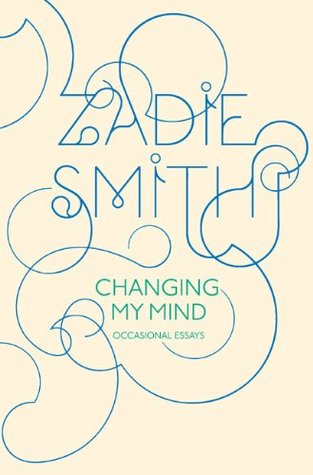project/kill-your-heroes
Zadie Smith,
Richard M. Rorty,
Tony Tulathimutte,
Peter Schneider,
David Lipsky,
George Steiner
blog post about what it means to kill your heroes (treating them as real human beings, with maybe some good ideas)
[...] Pauline Kael has this great thesis about, what's terribly pernicious about a lot of movies, is that they make the bad guys wholly unlike you. They turn them into cartoons. That you can feel superior to. Instead of making you realize that there's part of the villain in all of us. [...]
[...] By comparison, Ezra Pound's cracker-barrel Fascism, the deeply incised anti-Semitism of T.S. Eliot, and W.H. Auden's call for "the necessary urder" (this time at behest of the left) are thin stuff. It is the sheer weight of Céline's racist vituperations [...]
useful material for my kill-your-heroes post (as background--I don't necessarily agree with his conclusions here)
The young Eliot could exult only in the perfect truths we glean from certain books in our libraries; the mature Eliot had learned to have sympathy for the stumbling errors of human beings. [...]
this fits perfectly into my theories about being an adult! also into killing your heroes
about George Eliot
Kafka's mind was like that; it went wondrous fast--still, when it came to women, it went no faster than the times allowed. Those who find the personal failures of writers personally offensive will turn from Kafka here, as readers turn from Philip Larkin for similar reasons [...]
Civic courage is not a valid means of evaluating literature: was Kafka the citizen a brave man? Was Goethe, Benn, or Brecht? When has a man like Schirrmacher ever shown any courage? Anyone who invokes this trait must expect to be challenged in turn. [...]
good quote, relevant to my kill-your-heroes post. the rest of this paragraph is about Christa Wolf, whom the author thinks should be reproached as a citizen but lauded as an artist
[...] Her efforts to research the housing market crisis ended in page-crumpling fury--credit default swaps? Mortgage-backed securities? Collateralized debt obligations? How could people be moral when morality obliged you to know everything? It was her fault for not studying econ in college, but she'd had so much contempt for the future ibankers that it had seemed principled not to.
Cory. an example of what NOT to do
[...] Unlike both the orthodox and the postmoderns, I do not think that you can tell much about the worth of a philosopher's views on topics such as truth, objectivity and the possibility of a single vision by discovering his politics, or his irrelevance to politics. So I do not think it counts in favour of Dewey's pragmatic view of truth that he was a fervent social democrat, nor against Heidegger's criticism of Platonic notions of objectivity that he was a Nazi, nor against Derrida's view oflinguistic meaning that his most influential American ally, Paul de Man, wrote a couple of anti-Semitic articles when he was young. The idea that you can evaluate a writer's philosophical views by reference to their political utility seems to me a version of the bad Platonic-Straussian idea that we cannot have justice until philosophers become kings or kings philosophers.






